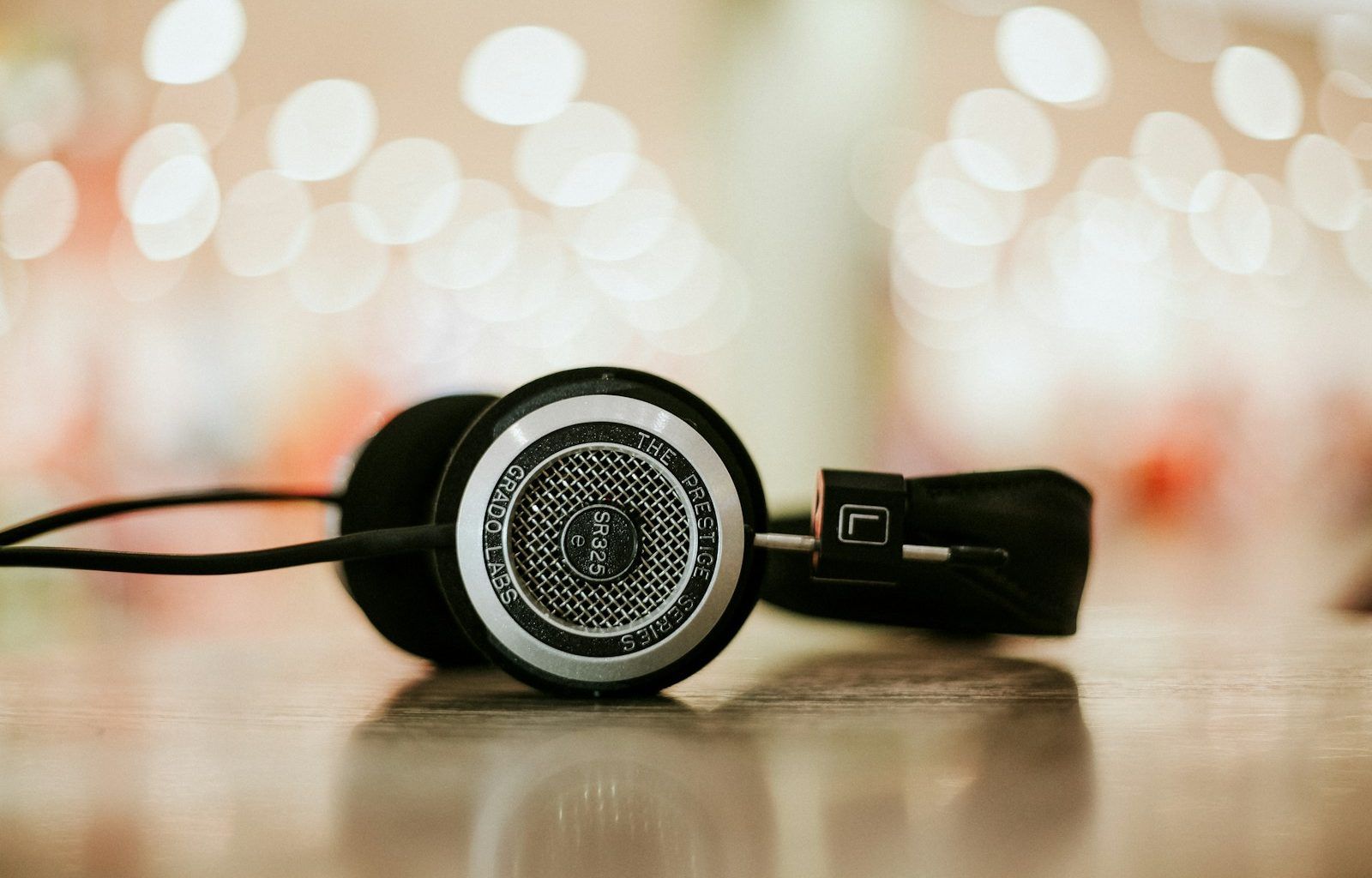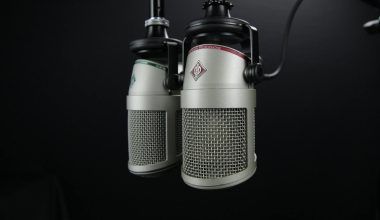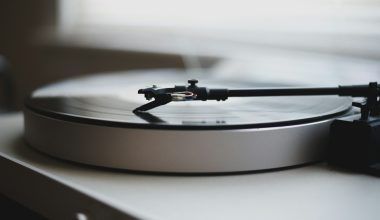In the world of music, there are so many terms and formats that it can get a little confusing. You might have heard the term “EP” tossed around, but what exactly is it? If you’re scratching your head, don’t worry—you’re not alone! This blog will break down what a music EP is, its purpose, and why it’s such a big deal in the music industry. Whether you’re an artist or a fan, this guide will clear up everything for you. So, let’s dive in!
What Does EP Stand For?
Let’s start with the basics. EP stands for “Extended Play.” It’s a type of music release that is shorter than an album but longer than a single. Think of it as the middle ground between the two. While an album typically contains 10 or more songs, and a single has just one or two tracks, an EP usually includes 4 to 7 songs.
Now, you might wonder why it’s called “Extended Play.” The term dates back to vinyl records when an EP would literally “extend” the playtime beyond what a single offered. Today, the name has stuck, even though most music is digital. Cool, right?
Why Do Artists Release EPs?
Artists choose to release EPs for many reasons. First, it’s a way to share new music without the pressure of creating a full album. Albums require a lot of time, effort, and resources, so an EP can be a quicker way to connect with fans.
Here are some common reasons artists go for an EP:
- Testing the Waters: EPs allow artists to experiment with new styles or sounds. It’s a great way to see how fans react before committing to a full album.
- Cost-Effective: Producing an EP is often less expensive than making an album. This is especially helpful for independent artists who are just starting out.
- Focused Storytelling: With fewer songs, an EP can tell a concise and focused story. It’s perfect for creating a specific mood or theme.
What Makes an EP Different from an Album?
At first glance, an EP and an album might seem pretty similar. After all, both contain multiple songs. But there are key differences:
- Length: As mentioned earlier, EPs are shorter. Most EPs run for about 15 to 30 minutes, while albums usually last over 40 minutes.
- Purpose: EPs often feel like a teaser. They’re designed to give listeners a taste of what’s to come or showcase a specific concept.
- Budget: Albums often come with big production budgets and elaborate marketing plans. EPs are more low-key, making them a popular choice for up-and-coming artists.
The History of EPs
EPs have been around for decades, but their role has evolved. Back in the 1950s and 60s, EPs were physical vinyl records. They were affordable for fans and gave artists a way to release new music quickly.
Fast forward to the digital age, and EPs have taken on a new life. Streaming platforms like Spotify and Apple Music make it easier than ever to release shorter collections of songs. Today, EPs are a vital part of music culture, especially in genres like hip-hop, indie, and electronic music.
How Do EPs Benefit Fans?
EPs aren’t just great for artists; they’re awesome for fans too. Here’s why:
- More Frequent Releases: EPs let fans enjoy new music without waiting years for an album.
- Discover New Talent: Many emerging artists release EPs as their debut projects. It’s a perfect way to find fresh music.
- Easier Listening: Sometimes, a full album can feel overwhelming. EPs are short and sweet, making them ideal for quick listening sessions.
EPs in Today’s Music Scene
With the rise of digital music, EPs have become more popular than ever. Many big-name artists, like Billie Eilish and Drake, have released EPs to build hype for upcoming albums or explore different sounds. For independent artists, EPs are a lifeline. They’re an affordable way to reach an audience and grow a fanbase.
How to Tell if a Release is an EP
It’s not always obvious whether a music release is an EP, a single, or an album. Here are some clues to help you identify an EP:
- Track Count: If it has 4 to 7 songs, it’s probably an EP.
- Length: Most EPs are under 30 minutes.
- Labeling: Artists and streaming platforms often label releases as “EP.”
Creating Your Own EP
Are you an aspiring musician? Releasing an EP might be the perfect step for you. Here’s how to get started:
- Plan Your Theme: Decide what story or mood you want your EP to convey.
- Choose Your Songs: Select 4 to 7 tracks that fit your theme. They don’t all have to be new—you can include remixes or acoustic versions.
- Record and Produce: Invest in good production quality, even if your budget is small.
- Distribute Your EP: Use platforms like DistroKid or TuneCore to get your EP on streaming services.
- Promote Your Work: Share your EP on social media, collaborate with other artists, and engage with fans.
Conclusion
So, what is a music EP? In short, it’s a versatile and exciting format that’s here to stay. Whether you’re a musician looking to share your work or a fan eager to discover new sounds, EPs offer something for everyone. They’re shorter than albums but packed with creativity and purpose. Now that you know all about EPs, why not check one out today.
Related Articles:
For further reading, explore these related articles:
- Music on Public Domain: A Treasure Trove for Creators and Listeners
- How to Create a Spotify Artist Page
For additional resources on music marketing and distribution, visit DMT Records Private Limited.






